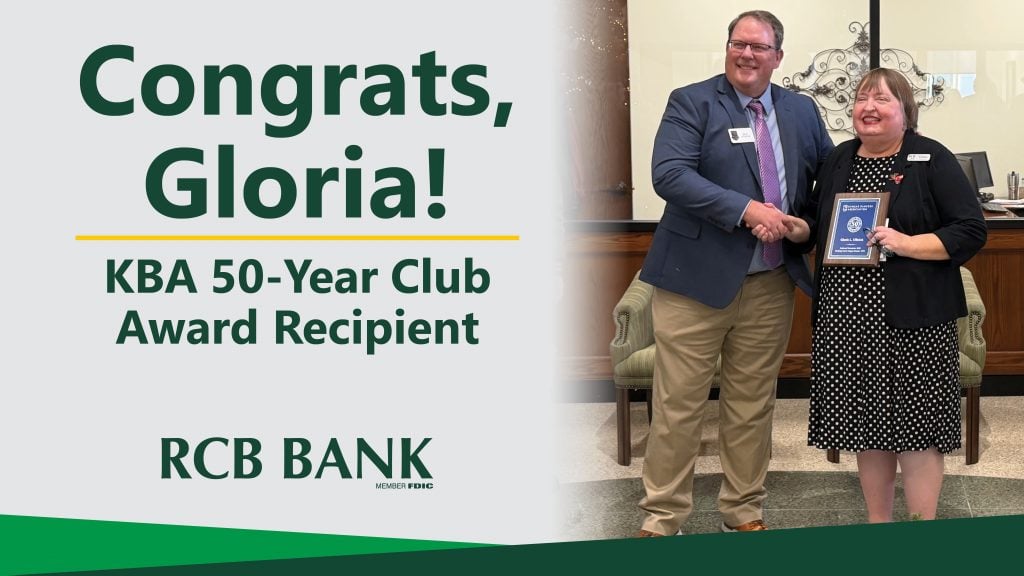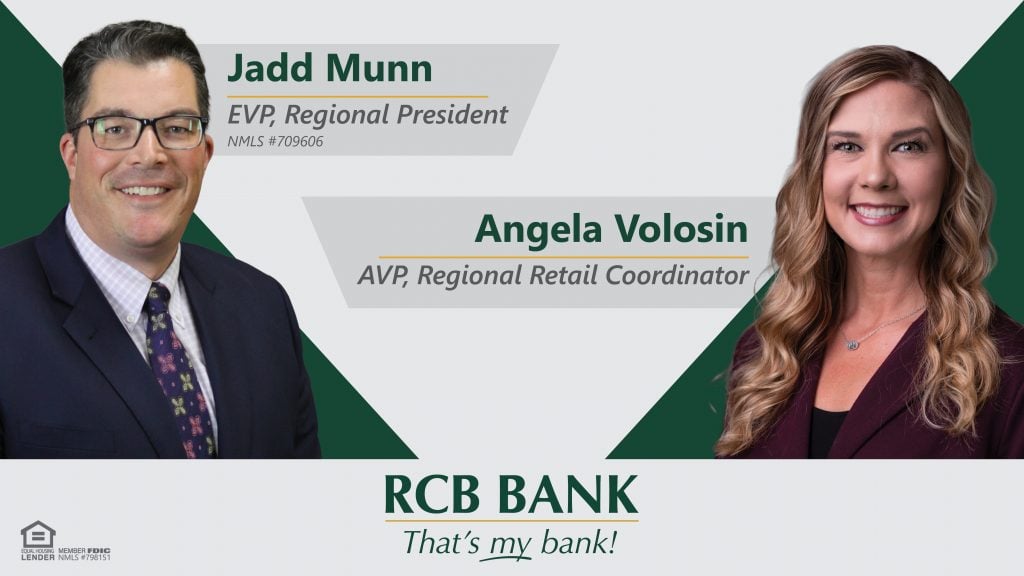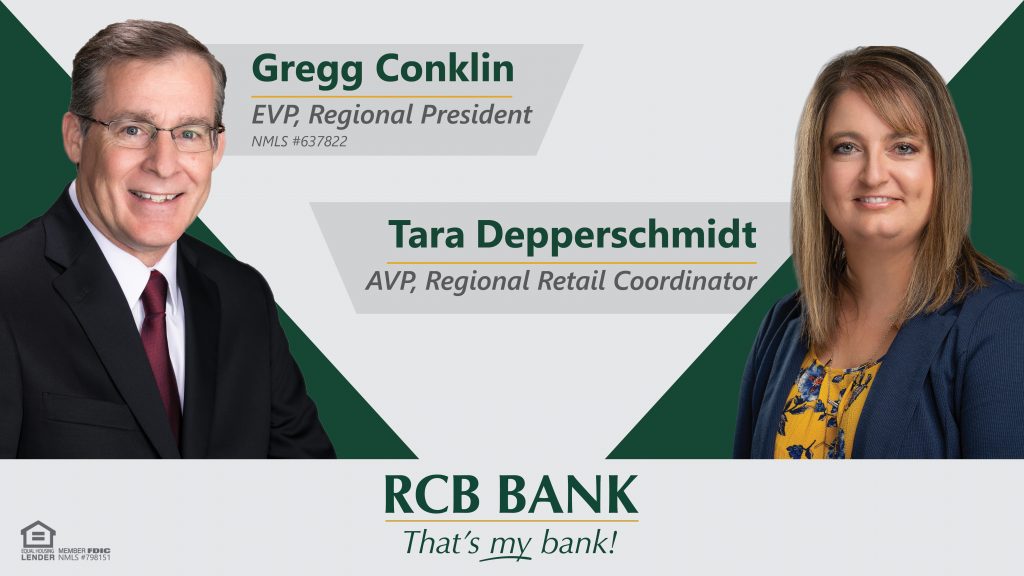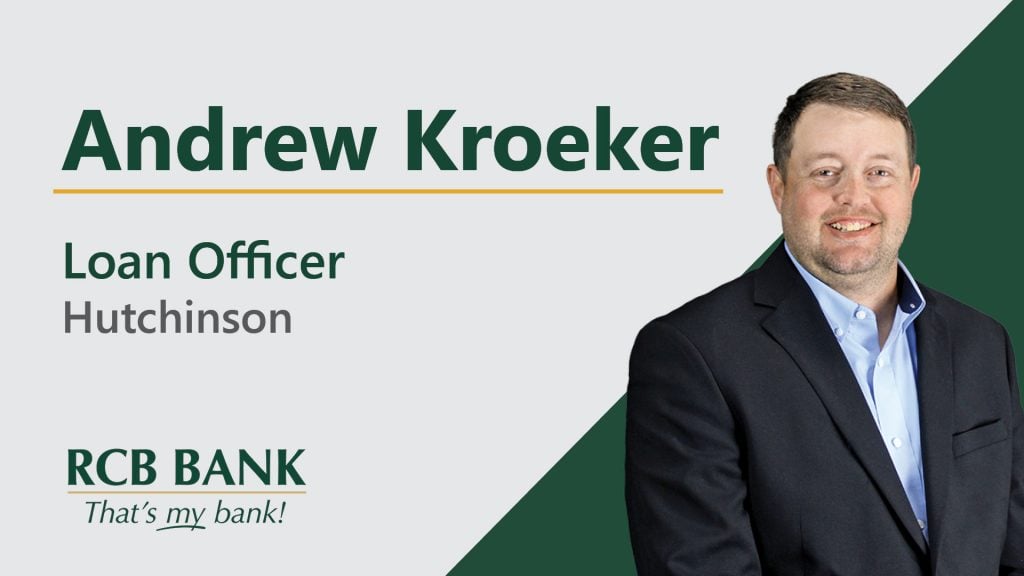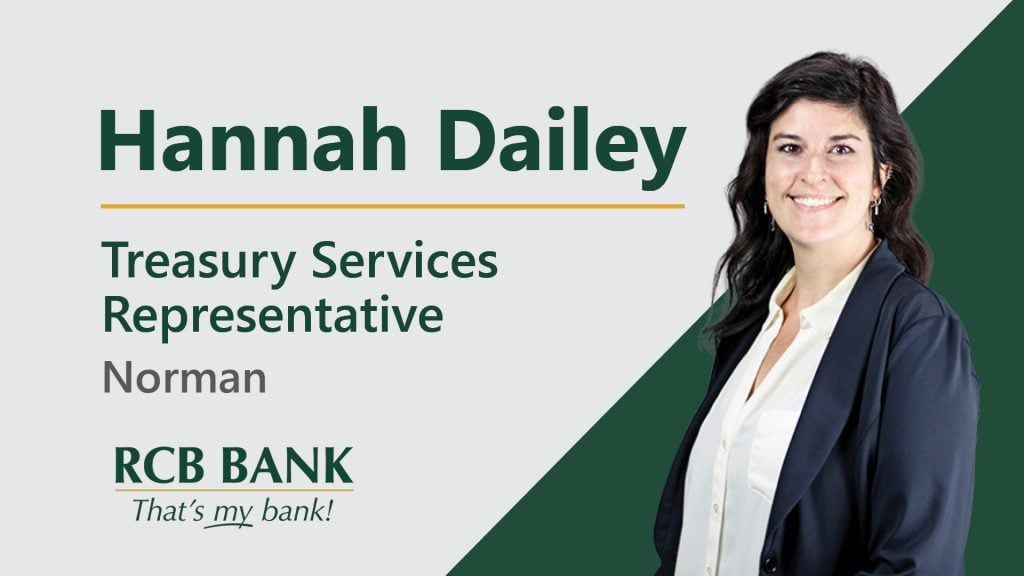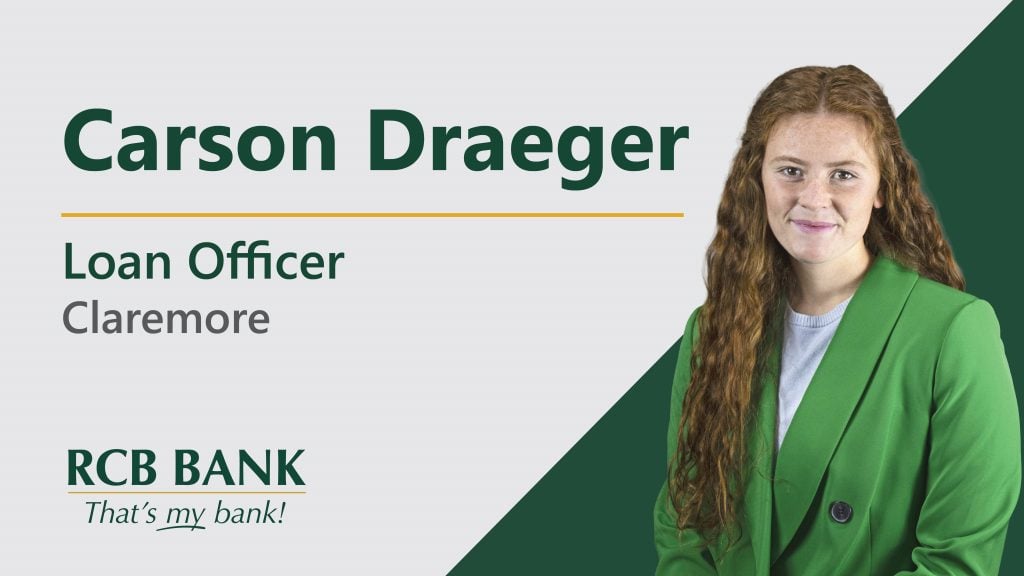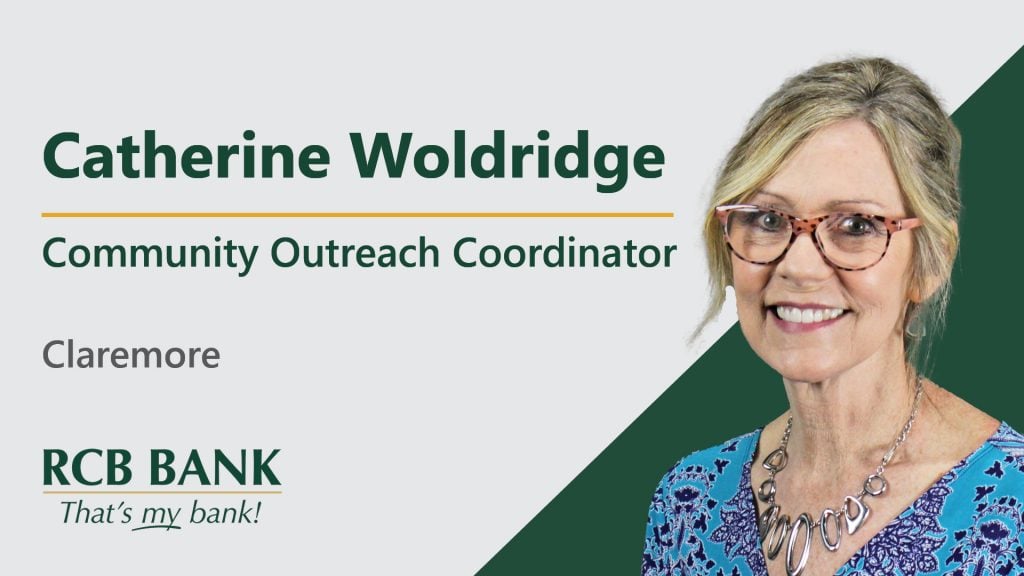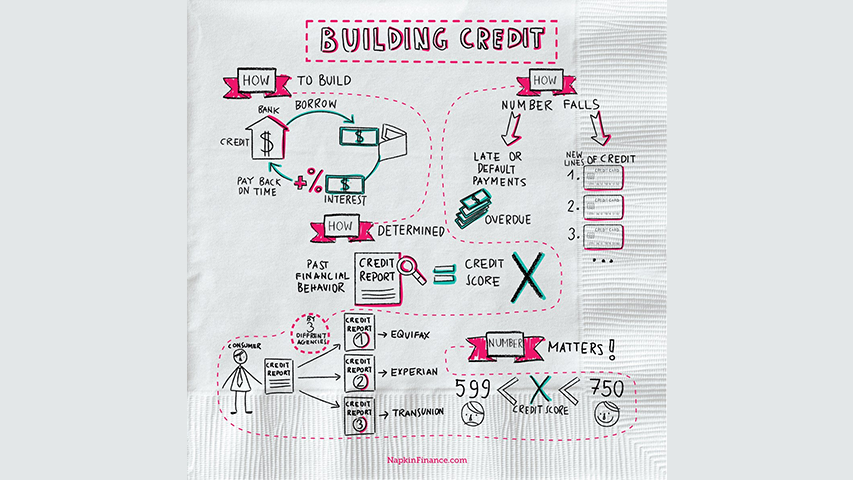
Fraud attempts are on the rise, and scammers are getting more creative every day. At RCB Bank, your security is our top priority. Below are some important reminders to help keep your personal and financial information safe.
We Will Never Call and Ask for Your Personal Information
Scammers are posing as bad actors of legitimate companies. One recurring scam we have identified is an increase in individuals posing as RCB Bank representatives and informing customers of alleged fraudulent activity to obtain sensitive information, such as login credentials, granting unauthorized access to accounts.
If you receive a phone call asking for your Social Security Number, full debit card number or other sensitive information, it is not us. We already have your information on file and will never ask you to provide it over the phone.
If you’re unsure whether a call is legitimate, hang up and call us directly at 855-226-5722.
Do Not Click on Suspicious Links – Check the Communication Thoroughly
Fraudsters often send emails or text messages with links that look legitimate but lead to fake websites. Clicking these links can expose your personal information or install malware on your device.
If you are not expecting a message or if when you hover over it, it looks unusual, do not click on it. Go directly to the company’s official website by typing the address into your browser.
Fraudulent emails and texts also often have subtle linguistic and formatting clues that can help you spot them. Excessive or unusual punctuation, poor grammar or awkward phrasing, urgent or threatening tones and inconsistent branding are all signs of fraudulent communications. Only click on links from sources that you can verify. If it feels wrong, it most likely is.
Debit Card Safety
Your debit card is a direct link to your account. Keep it safe by doing the following:
- Never share your PIN or card details with anyone.
- Monitor your account regularly for unauthorized transactions.
- Set up alerts for purchases and withdrawals.
Verify Websites Before You Enter Any Information
When searching online for a company, take precautions in ensuring you are on their verified website. Scammers often create fake websites that look like the real thing.
- Always check the web address (URL). Official sites typically start with “https://” and may end in trusted domains like “.gov” for government websites or “.bank” for financial institutions.
- Avoid clicking on advertisements or sponsored links when searching—type the official site address directly or use bookmarks of verified sites.
- Look for spelling errors or unusual layouts, which can be signs of a fake site.
Continue Education
Fraud tactics change constantly. Stay informed by visiting our Security Center or by following updates from trusted sources like the Federal Trade Commission (FTC). The more you are aware of evolving fraud tactics, the safer you will be.
If something feels off, trust your instincts. Contact us immediately at 855-226-5722 if you suspect fraud or have questions about your account.
Prompt Reporting: If you feel you have fallen for a scam or suspect your accounts or identity have been compromised, report the incident immediately. RCB Bank customers can contact us at 855-226-5722 during business hours Monday – Friday 8:00 a.m. – 6:00 p.m. excluding Federal Holidays or visit the RCB Bank Security Center website for detailed information. Need to contact RCB Bank Fraud Department on the weekend? Contact us at 877-361-0814 Saturday 8:00 a.m. – 4:00 p.m. CST or Sunday 8:00 a.m. – 12:00 p.m. CST (excluding Federal Holidays).
Contact other reliable sources such as the FBI and file a complaint at ic3.gov to contribute to efforts against these fraudulent activities.
Opinions expressed above are the personal opinions of the author and meant for generic illustration purposes only. RCB Bank, Member FDIC.
